
Oncology
Latest News


A Mission to Cure “All the Cancers”: Crystal Denlinger, MD, FACP, Named CEO of NCCN
Latest Videos

CME Content
More News

New research demonstrated varying trends in early-onset cancer incidence based on race, sex, age, and cancer type.

Jeff Patton, MD, CEO of OneOncology, joins Emeline Aviki, MD, MBA, and Stephen Schleicher, MD, MBA, for episode 3 of "Oncology Onward: Conversations With Innovators and Changemakers in Cancer Care."

One in 3 hospitals report issues with chemotherapy drug shortages; the suicide rate in the United States hit an all-time high in 2022; an acid reflux medication may be linked with higher risk of dementia.

Even after adjustments, the underlying trends in disparities persisted, underscoring the significance of survival disparities among second primary cancer survivors.

Using data from the Swedish National Medical Birth Register, researchers found that different neurocutaneous syndromes are associated with increased risk of childhood cancer, especially central nervous system tumors.

In his explanation of the tremelimumab priming dose, Ghassan Abou-Alfa, MD, medical oncologist at Memorial Sloan Kettering Cancer Center, also reviews and analogizes checkpoint inhibitors as a whole.

Coverage of clinical trial results presented across a range of solid tumor cancers, including breast, ovarian, colorectal, and non-small cell lung cancer, among other types; as well as important findings in genomic testing.

Coverage of addresses by ASCO President Eric P. Winer, MD, and National Cancer Institute Director Monica M. Bertagnolli, MD, who is a former ASCO president.

Ghassan Abou-Alfa, MD, medical oncologist at Memorial Sloan Kettering Cancer Center, expands on findings that durvalumab plus tremelimumab demonstrated an overall survival benefit at 4 years for certain patients with unresectable hepatocellular carcinoma.
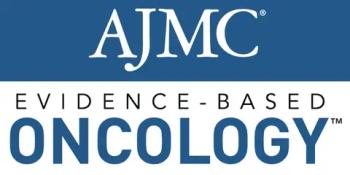

New research suggests that when cancer cells are under stress, cellular chaperone protein GRP78 alters its behavior and migrates to the cell's nucleus, where it modifies gene activities and allows cancer cells to become more mobile and invasive.
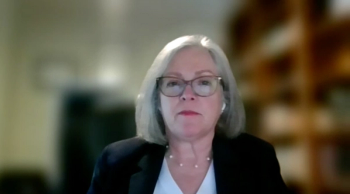
The biggest barriers in collaboration are communication and connectivity, said Susan Escudier, MD, FACP, vice president of value-based and quality programs for Texas Oncology.

Among 172 patients with untreated advanced solid tumors, all of them had actionable alterations, and 109 had druggable alterations.
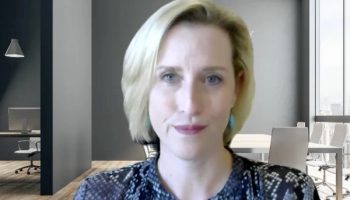
Sydney Townsend, executive director of digital health at Texas Oncology, explains how cancer diagnosis and treatment can impact a patient’s mental well-being and how she assesses a patient’s overall cancer care experience.

Between 1999 and 2020, rates of liver cancer deaths increased for Hispanic men and women, and pancreas and uterine cancer deaths have increased for Hispanic women.

Age, Race, and Ethnicity Representation Disparities Found in Patients Participating in aRCC Research
Researchers discovered age, race, and ethnicity representation disparities in patients taking part in research on advanced renal cell carcinoma (aRCC), further exemplifying how certain groups are underrepresented in clinical studies.
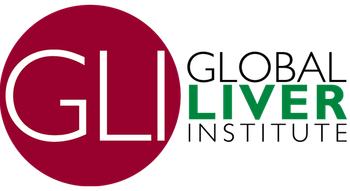
A webinar presented by the Global Liver Institute highlighted areas of improvement needed in research for liver cancer, but also left listeners with hope for future treatments focused on strengthening immunity.

Texas Oncology's Travis Brewer, vice president of payer relations, discusses how collaboration between primary care providers and oncologists can improve population health outcomes by focusing on payer initiatives and strategies.

An investigation of management patterns after initial radiographic diagnosis of small renal masses showed that early urologist referral was associated with guideline-concordant care.

The partnership will help develop standards for data transfer to eliminate manual steps used in clinical trials.
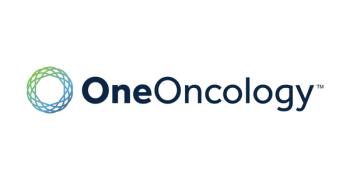
Under the transaction, TPG, an asset management firm, will acquire a majority interest in OneOncology and AmerisourceBergen will have a minority interest; OneOncology physician leaders and practices will retain minority interests as well.
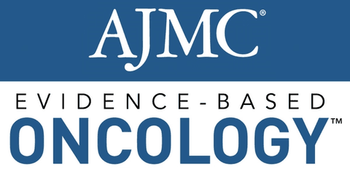
Results for ribociclib, ponatinib, brexucabtagene autoleucel, and allo-HCT.


The Community Oncology Alliance celebrated its 20th year at the Community Oncology Conference held March 23-24, 2023, in Kissimmee, Florida.

Coverage from the Association of Community Cancer Centers (ACCC) 2023 Annual Meeting and Cancer Center Business Summit.















